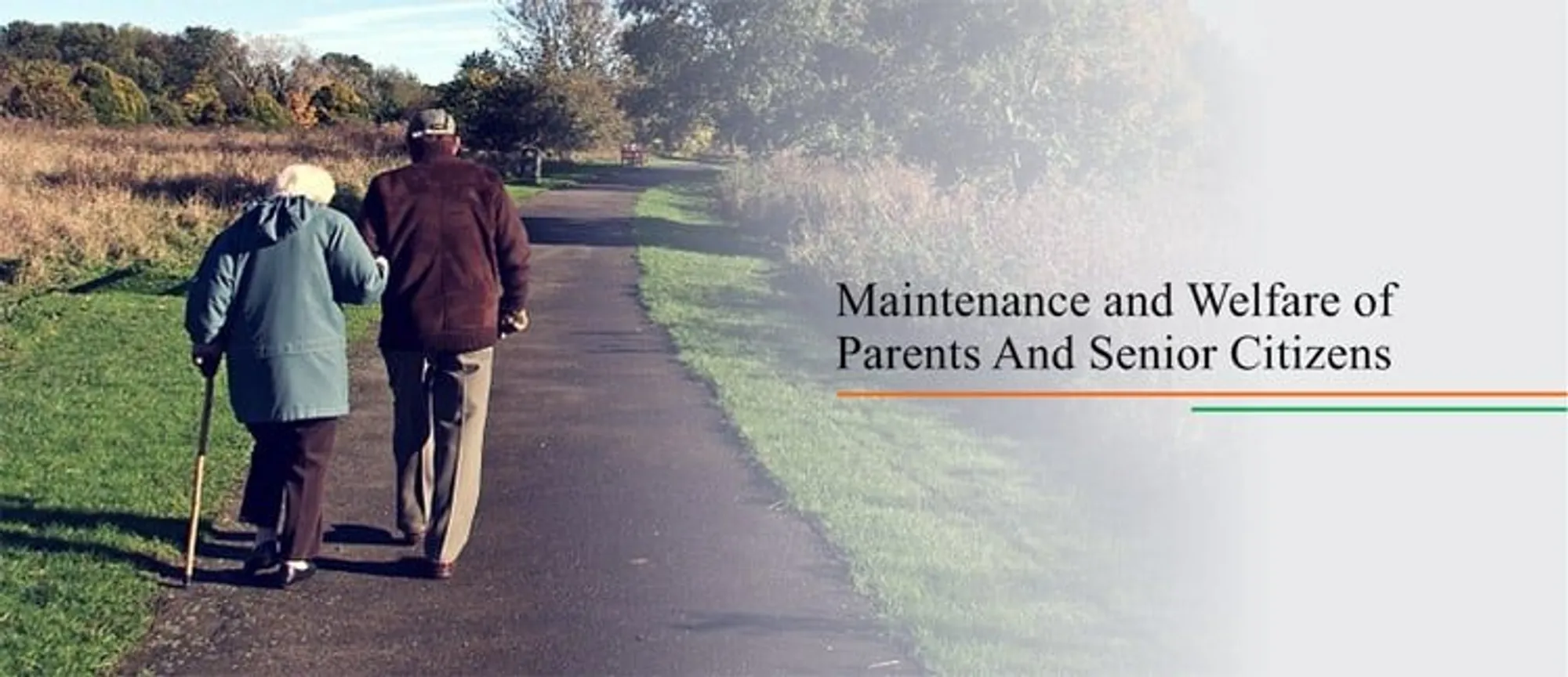When one thinks about the maintenance of senior citizens, the very idea (considered to be a natural phenomenon) and the exorbitant lack of the same practice would seem highly unlikely (and extremely surprising) in a country such as ours, which has been boasting about an elderly friend and revering culture.
The recent years have seen a paradigm shift, from treating senior citizens in one’s society with the utmost care and concern to a rise in the number of deplorable and unpardonable cases where the senior citizens have been untended and extremely neglected.
It was only natural that a democratic government, such as ours, acted upon the essence of its existence, i.e. to recognize the need of the hour and to try and rectify the same with a corresponding legislation; The Maintenance and Welfare of Parents and Senior Citizens Act was implemented in 2007 so as to provide senior citizens (those above the age of 60) with a right to maintenance. According to the act, maintenance could include the provision of food, clothing, shelter, medical treatment, recreational activities and also medical attendance. Such maintenance can also be in the form of a monetary sum not exceeding Rs. 10,000/month. The basic aim of the act is to ensure the welfare of the senior citizens and thus they are legally entitled to claim it from either their children or relatives (those who are in control of their property or are to inherit it). The penalties for non-compliance with the orders of the tribunal consisting of fines as well as imprisonment for the duration of a month.
The Maintenance and Welfare of Parents and Senior Citizens Act is a wonderful start to enforce and make justiciable a moral duty, forgotten in the glorying age of consumerism and materialism. However, the real question is, are legislations affective in dictating a norm as subjective as morality? The answer I believe is yes. The proof lies in the rather tumultuously created yet efficacious pudding. As a result of the act, many cases of unjust with the elderly have surfaced and many more senior citizens would be granted the justice they deserve once the population is educated about the act and its provisions.
To conclude, I would like to reiterate that maintenance of the elderly which was initially considered to be merely a moral duty is now being enforced as a legal duty and that step, though tough to implement, has great scope in a country like India where the elderly were left with no remedies for sustenance beyond the age of retirement.

